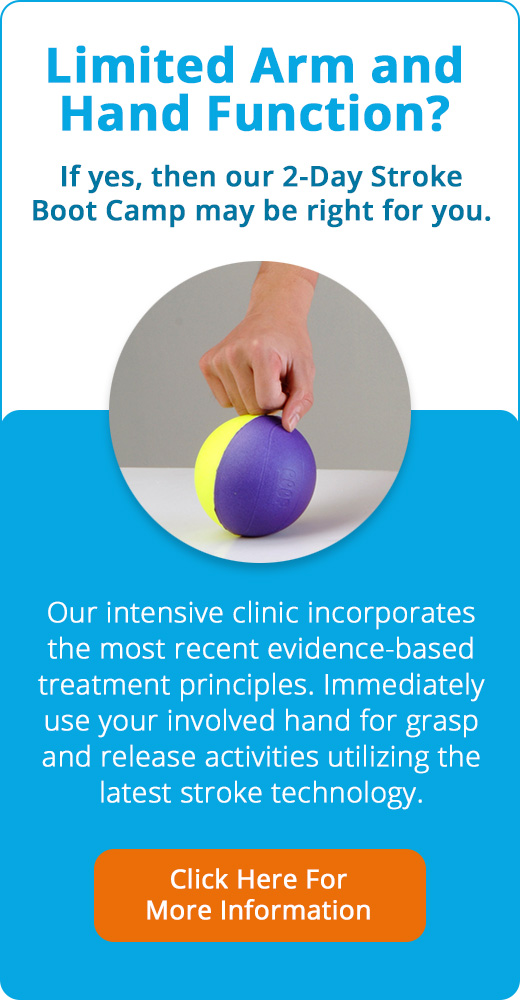How Important is Getting Good Sleep Following Stroke?
Lynette Diaz, COTA/L
Friday, October 4th, 2019

Sleep is an extremely important component to achieve optimal brain health and function. Poor sleep has been implicated in affecting heart function, blood sugar regulation and cognitive decline. Good sleep and normal sleep-wake cycles have been linked to improved cognitive recovery following neurologic insult to the brain such as in the case of both traumatic and non-traumatic brain injury, stroke, multiple sclerosis and parkinson’s. Typically after a neurological insult the normal sleep-wake cycle is disrupted, with the brain injured patient sleeping throughout the night and day with intermittent periods of wakefulness.
A team of researchers at the Hopital du Sacre-Coer in Montreal, studying sleep patterns and brain recovery found that sleep recovery and cognitive recovery happened simultaneously. As the sleep patterns improved so did cognitive recovery. Therefore, the return of a normal sleep-wake cycle, in which the person is awake during the day and has uninterrupted periods of sleep at night, can be an early indication that the brain is beginning to recover.
What can be done to improve the sleep wake cycles?
- Adapt the environment to ensure the brain injured patient has sufficient exposure to sunlight during the day and a quiet, cool darkened space at night to rest
- About 1-2 hours before bedtime, avoid blue light such as on tv screens, computers and smartphones, dim or reduce excessive lighting. Reduced light exposure at night helps the body release melatonin which prepares the body for sleep
- Keep a sleep diary to identify patterns or triggers, and speak with your care team about other changes that can be made to improve sleep
BREATHE EASILY AND SLEEP QUIETLY WITH VITALSLEEP
Interrupted sleep patterns may persist and become a chronic issue following traumatic brain injury. To promote continued recovery and neuroplastic changes it is important to address any sleep issues with your care team; primary care physician, neurologist, or skilled therapist.
Sources:
https://www.aan.com/PressRoom/Home/PressRelease/1508


Leave a Reply
You must be logged in to post a comment.